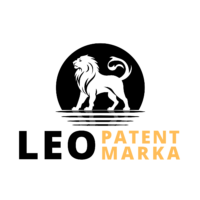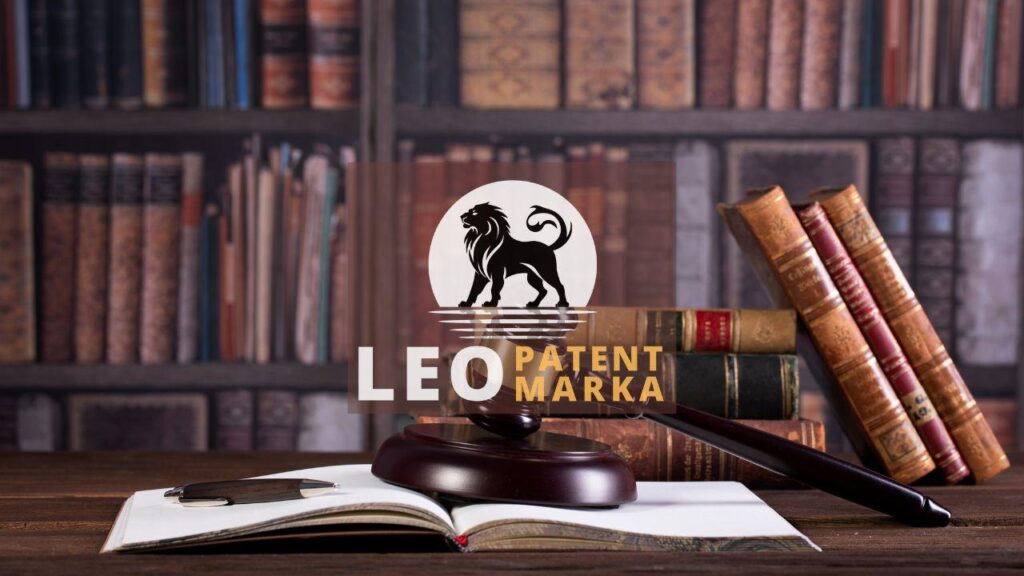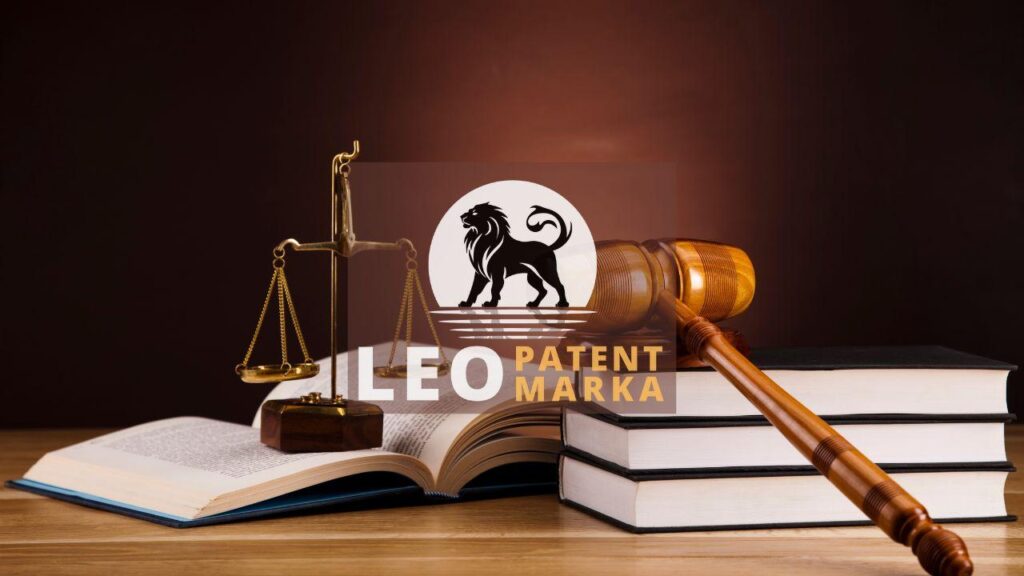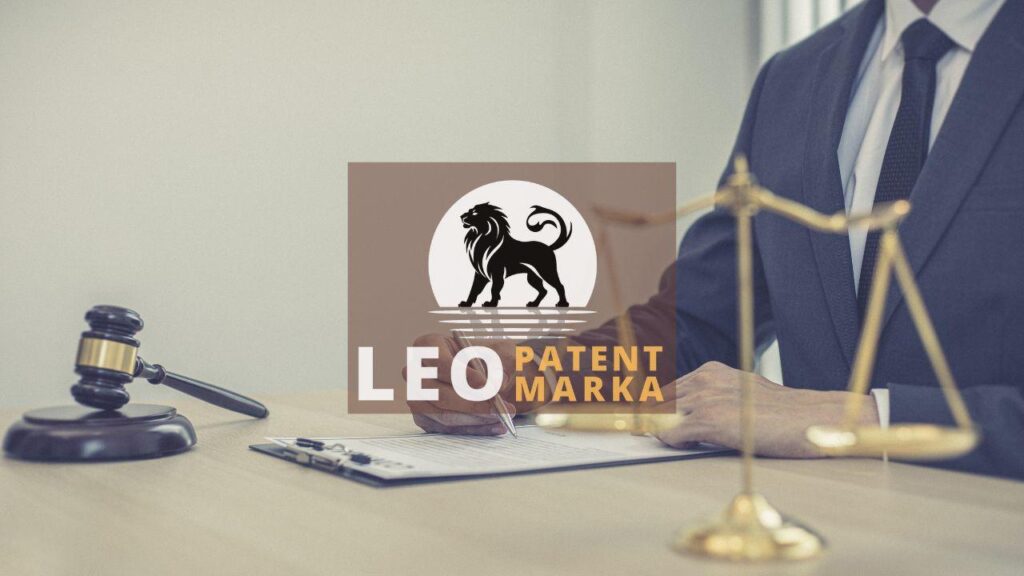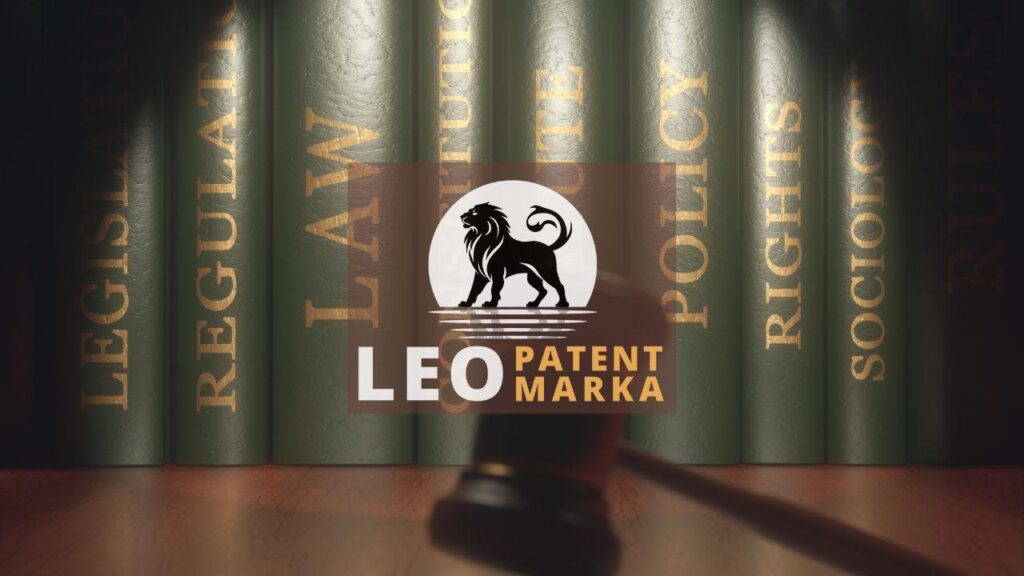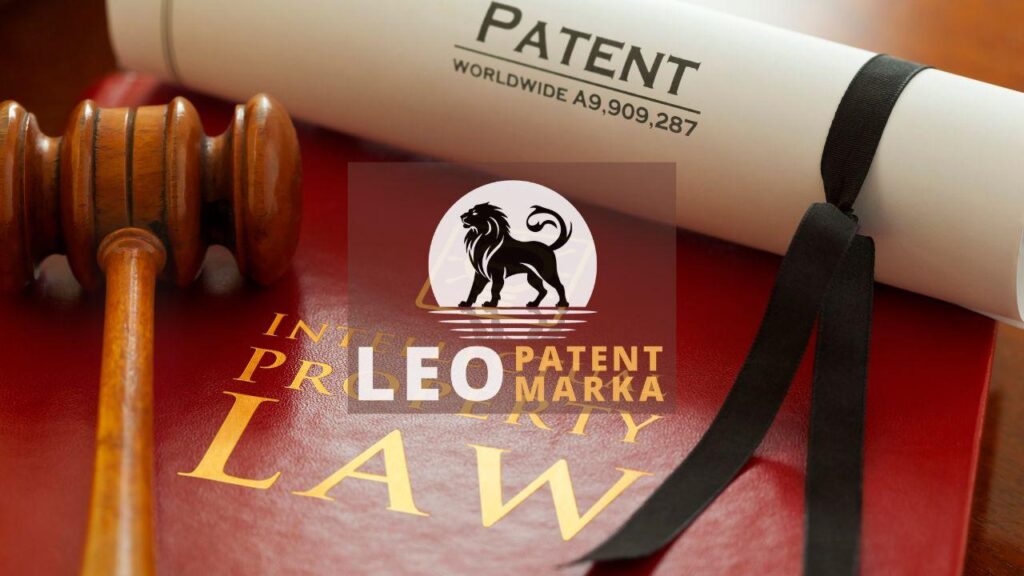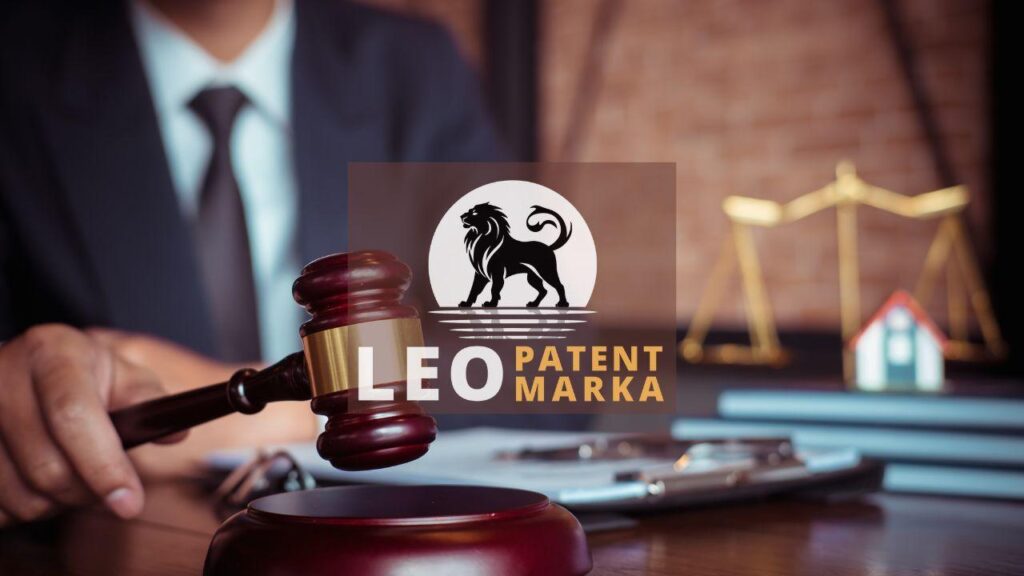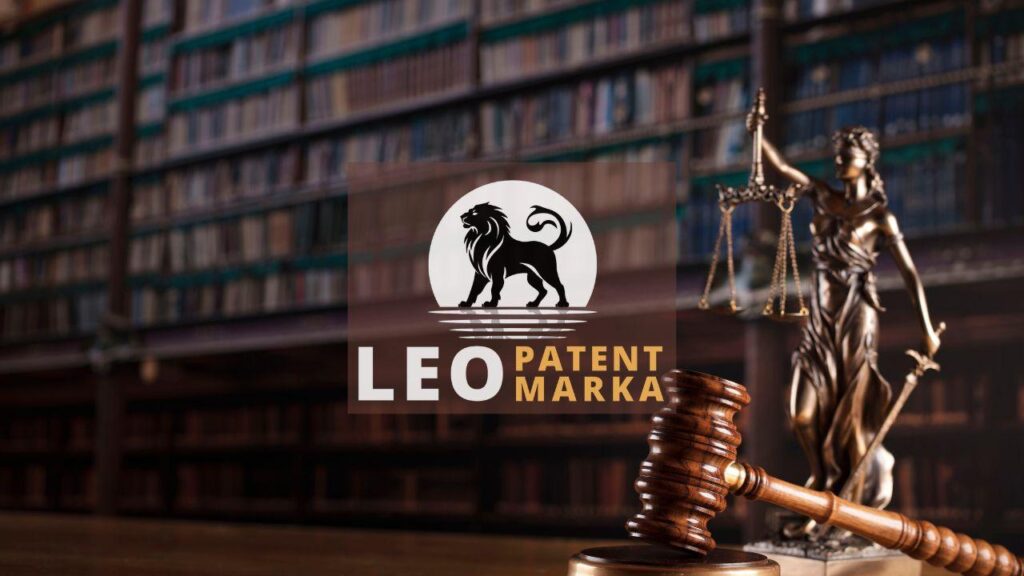In the dynamic landscape of intellectual property, securing copyright protection is essential for safeguarding your creative works. At Leo Patent, we understand the intricacies involved in the preparation of copyright applications in Turkey. Navigating the legal framework effectively requires an in-depth understanding of both national and international regulations. Our experienced team is dedicated to assisting individuals and organizations in protecting their intellectual creations, whether they involve literature, music, software, or other forms of artistic expression. This blog post will guide you through the critical steps and considerations in preparing a robust copyright application, ensuring your valuable assets receive the protection they merit.
Understanding the Necessary Documentation
When preparing a copyright application in Turkey, ensuring you have all necessary documentation is paramount for a smooth and effective process. The essential documents typically include proof of authorship, which can be established through drafts, notes, or any other formative materials that demonstrate the creative process. Additionally, detailed descriptions or copies of the work to be copyrighted must be provided to clearly delineate the scope of protection sought. It’s also crucial to include any agreements or permissions related to the work if it involves contributions from multiple creators. At Leo Patent, we guide our clients in compiling, organizing, and verifying all pertinent documentation to avoid any setbacks or rejections during the application process.
Furthermore, it is imperative to include official identification documents of the applicant, such as a passport or national ID card, to establish the claimant’s legitimacy. In cases where the application is being filed by an entity rather than an individual, documentation proving the legal establishment of the organization, such as a trade registry record or articles of association, is required. If a representative is handling the application on behalf of the claimant, a duly notarized power of attorney must be submitted to confirm the representative’s authorization. Ensuring the accuracy and completeness of these ancillary documents can significantly enhance the efficiency and success of the copyright application process. At Leo Patent, our team diligently oversees the preparation of these materials, ensuring compliance with Turkish legal requirements.
Completing a copyright application also involves understanding and paying the associated fees, which may vary depending on the nature and scope of the work. Proper financial planning ensures there are no unexpected interruptions during the submission process. Additionally, non-Turkish applicants may need to provide translations of key documents into Turkish, a requirement that can add time and complexity to the application process. At Leo Patent, we offer comprehensive support by reviewing and advising on fee structures, assisting with translations, and ensuring that all components of the application are correctly filed. By meticulously handling these final steps, we strive to help our clients secure their intellectual property rights efficiently and effectively.
Navigating the Legal Framework
Navigating the legal framework of copyright protection in Turkey requires a comprehensive understanding of both national legislations and international treaties to which Turkey is a signatory. The primary legislative text governing copyright law in Turkey is the Turkish Law on Intellectual and Artistic Works (FSEK), which outlines the types of works that are eligible for copyright protection, including literary, musical, and artistic creations. Additionally, Turkey’s adherence to international agreements such as the Berne Convention provides a further layer of protection for works created by foreign nationals. At Leo Patent, we help clients interpret and comply with these complex regulations, ensuring that their creative assets are fully protected under the law.
A crucial aspect of navigating this legal framework involves the proper documentation and registration of your work. While copyright protection is automatic upon the creation of a work, registering your copyright with the Turkish Ministry of Culture and Tourism’s General Directorate of Copyright enhances your ability to enforce your rights against infringement. Registration provides prima facie evidence in court and simplifies the process of seeking legal remedies. At Leo Patent, we assist our clients in compiling the necessary documents, such as proof of authorship and date of creation, to streamline the registration process. Our experts ensure that all formalities are meticulously followed, minimizing potential legal challenges and maximizing the protection of your creative works.
Effective enforcement of your copyright is the final critical component in navigating Turkey’s legal framework. Once your work is registered, it’s essential to monitor unauthorized use and be prepared to take action against potential infringements. At Leo Patent, we offer comprehensive monitoring services and legal support to help you identify and respond to any unauthorized usage of your copyrighted material. This includes sending cease-and-desist letters, negotiating settlements, and representing clients in court if necessary. Our goal is to provide you with peace of mind, knowing that your creative works are vigilantly protected, allowing you to focus on your creative endeavors while we handle the legal complexities.
Common Pitfalls and How to Avoid Them
One common pitfall in the copyright application process is failing to provide a comprehensive and accurate description of the creative work. Incomplete or vague descriptions can lead to legal vulnerabilities and may hinder the enforcement of your rights. To avoid this, it is essential to carefully document every aspect of the work, ensuring that all elements are clearly identified and described in detail. Additionally, double-checking for any errors or omissions in the application can prevent unnecessary delays. At Leo Patent, our team meticulously reviews each application, helping you present a precise and thorough account of your intellectual creation, thereby fortifying your copyright claim.
Another pitfall often encountered in the copyright application process is failing to establish ownership and originality of the work. Without clear evidence of ownership and the uniqueness of the creation, your application may face challenges or even rejection. It is crucial to maintain records of the development process, including drafts, notes, and any other materials that demonstrate the creation timeline and originality. Properly documenting these aspects not only supports your claim but also strengthens your defense against potential infringement disputes. At Leo Patent, we assist you in compiling and organizing all necessary documentation, ensuring your application provides undeniable proof of both ownership and originality, thereby minimizing the risk of complications.
Lastly, a significant pitfall in the copyright application process involves not being aware of the expiration dates and renewals associated with copyright protection. In Turkey, copyright protection typically lasts for the lifetime of the author plus 70 years, but failing to keep track of these timelines can result in the lapse of your rights. Additionally, understanding the necessity of renewals for certain types of registrations and staying compliant with any updates in the legal framework is crucial. To avoid the risk of inadvertently losing protection, it is imperative to maintain an organized schedule and set reminders for critical dates. At Leo Patent, we offer comprehensive monitoring services to help you keep track of these important milestones, ensuring that your creative works remain protected without interruption.
Disclaimer: This article is for general information purposes only and it is recommended that you consult experts and companies in that field to evaluate your specific situation. We are not responsible for any damage that may arise from the use of the information in this article.
